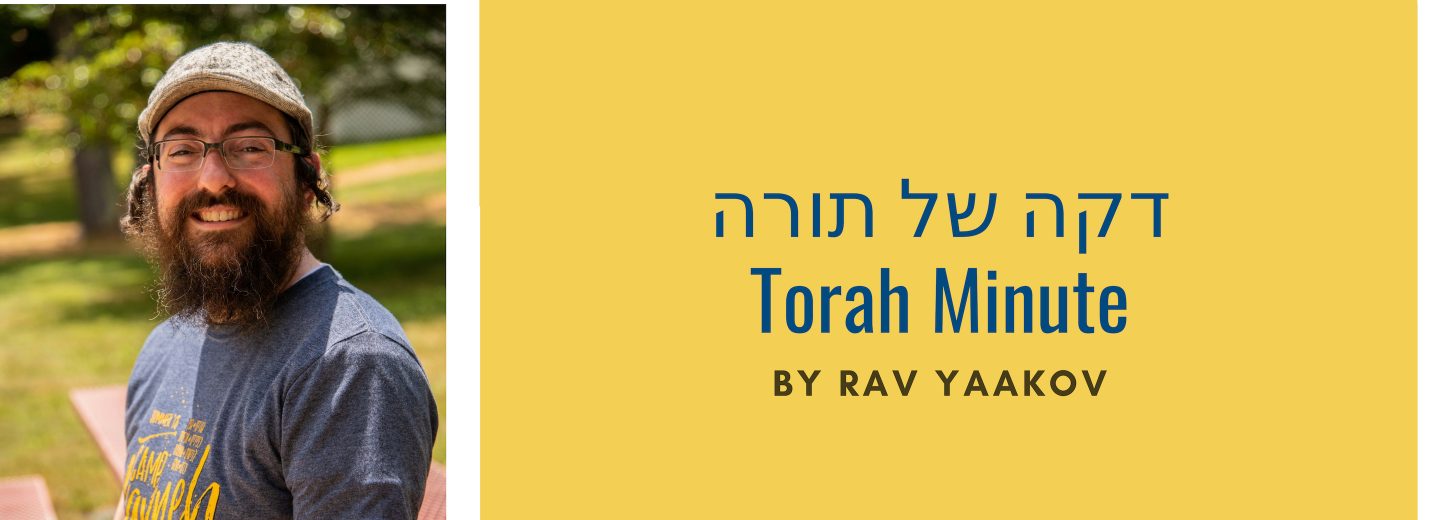Approaching Power
This week’s parsha is the culmination of the story of Yosef and his brothers. Last week’s cliffhanger left us with Yosef demanding that the brothers leave Binyamin behind in Egypt – something which would devastate their father, Yaakov. Would the brothers stand up for Binyamin or leave him behind, as they had abandoned Yosef years before? Yosef tested them, and this week we see their response.
The parsha begins with an extraordinary development: “Vayigash elav Yehudah, “And Yehudah approached him.” Yehudah steps directly up to Yosef, telling him that their other brother is dead, explaining why Binyamin means so much to Yaakov. Yehudah explains that they promised their father that Binyamin would return to him, and how it would literally kill their father if they don’t bring Binyamin home safely. Finally, Yehudah begs Yosef to release Binyamin and put Yehudah in Binyamin’s place.
Yosef is absolutely overcome by this, witnessing Yehudah, whose idea it had been to throw him in the pit all those years before, to now risk his life on behalf of his brother Binyamin. Yosef sees that his brothers have indeed changed. He asks the Egyptians in the room to leave, and, crying, says “I am Yosef. Is my father still alive?”
It’s one of the most dramatic moments in Tanach, but it almost didn’t happen at all. Yehudah made the unlikely choice to approach the second-most powerful person in his world, putting himself at great peril. What could have been going through his mind? What can we learn from Yehudah’s actions?
The Midrash in Genesis Rabbah asks the same questions, and gives a few interpretations of what “vayigash” means, based on other times we see this word in Tanach.
- Rabbi Yehudah: Approached to make war.
- Rabbi Nechemya: Approached in order to make peace.
- The Sages: Approached in prayer.
- Rabbi Elazar: All of the above, based on whatever Yosef’s reaction would be. Yehudah was steeling himself for any outcome, thinking “If it be war, I will come for war. If it be peace, I will come in peace. If it be for prayer, I will come for prayer.”
Rabbi Elazar’s opinion is fascinating because it shows that when one takes a real risk like Yehudah did, one is truly stepping into the unknown. Yehudah had no way of knowing what Yosef’s reaction would be, and certainly did not expect what actually occurred. Yehudah completely surrendered himself on behalf of Binyamin and their father. This teaches us the great spiritual power of putting ourselves on the line for something we believe in, including for the sake of others. We can’t determine how others will react, but what we can control is the action we take for what is right. When we do take a risk, with the right intentions, it can be a truly Godly act that can alter the course of history.
Questions for the Shabbat table:
- Have you ever had a situation where you were called to stand up for something or someone? How did you approach it?
- What do you think is the most effective way to stand up for what you believe in — with war: an argumentative approach; with peace: an approach seeking compromise; with prayer: an approach leaving it up to God; or with all/a combination/something different? Are there certain types of situations where one approach would be better than another?




